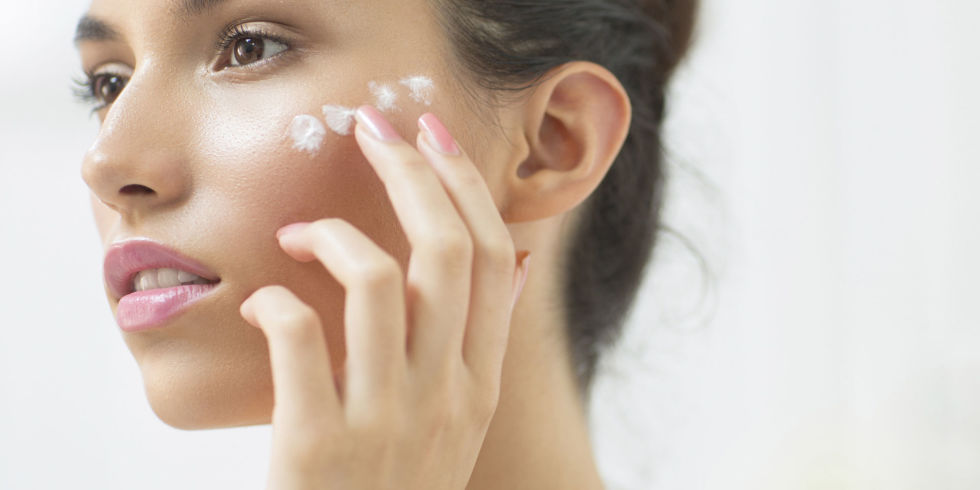Acne is a skin infection that many, if not most, of us are all too familiar with. Blocked, bacteria-infected pores are what cause the unsightly look, and there are known to be several underlying causes including stress, poor diet and hormonal imbalance. Acne can be treated more or less successfully by various methods, and the following treatments are known to be effective, although different people may respond to particular treatments better than others.
Extra Washing
Although acne has nothing to with hygiene, extra showers and more frequent washing of clothes can be a great help by removing the secreted skin oils that can block pores. If you’re prone to facial acne attacks, you also need to ensure that your towels and other cloth items that come into contact with your face, such as handkerchiefs and pillow cases, are also kept clean and don’t build up enough traces of your secreted skin oils to increase the risk of an attack due to being in contact with your skin.
Benzoyl Peroxide Cream
This is a popular and usually effective treatment for mild to moderate acne. Benzoyl peroxide has antiseptic properties that significantly reduce the acne bacteria. Benzoyl peroxide is found in many ‘over the counter’ acne remedies and should be used sparingly as it can cause some mild skin irritation, and it can also make those parts of your skin where it’s applied become photosensitive, meaning you’re more at risk of sunburn on sunny days. You can avoid that by applying sun screen on those parts after applying the benzoyl peroxide cream.
Oxytetracycline Tablets
Many doctors prescribe oxytetracycline for patients suffering from moderate to severe acne as it can be a very effective treatment for most sufferers and has few, if any, side effects. It can show a marked improvement very quickly for some people but may take a bit longer for others. As it’s an antibiotic, you should avoid taking it within an hour or two before or after eating as food in your stomach can make it less effective. A course normally lasts six weeks or more depending on the dosage and should be completed even if the acne has already cleared up.
Acne Chemical Peel
An alternative, non-pharmaceutical approach to dealing with the unsightly effects of acne, is to undergo a chemical skin peel session. A skin peel is a painless procedure in which a salicylic acid solution is applied to affected skin tissue in order to remove the outer layers of skin including acne scars. The underlying fresh skin will look much much smoother and less blemished or marked after the damaged outer layer naturally peels off over the course of a few days,. This is a cosmetic treatment only. It can’t prevent acne and is normally used with other treatments that deal with the acne and not just its symptoms.
Natural Lifestyle Changes
People who are less active, eat too much greasy or sugary foods and don’t stick to a regular sleep pattern are more at risk of acne attacks. The obvious answer is to exercise more, eat healthily and try to get a regular seven or eight hours sleep per night. It’s not a treatment for existing acne, but it can help avoid attacks or reduce the severity of future attacks.

